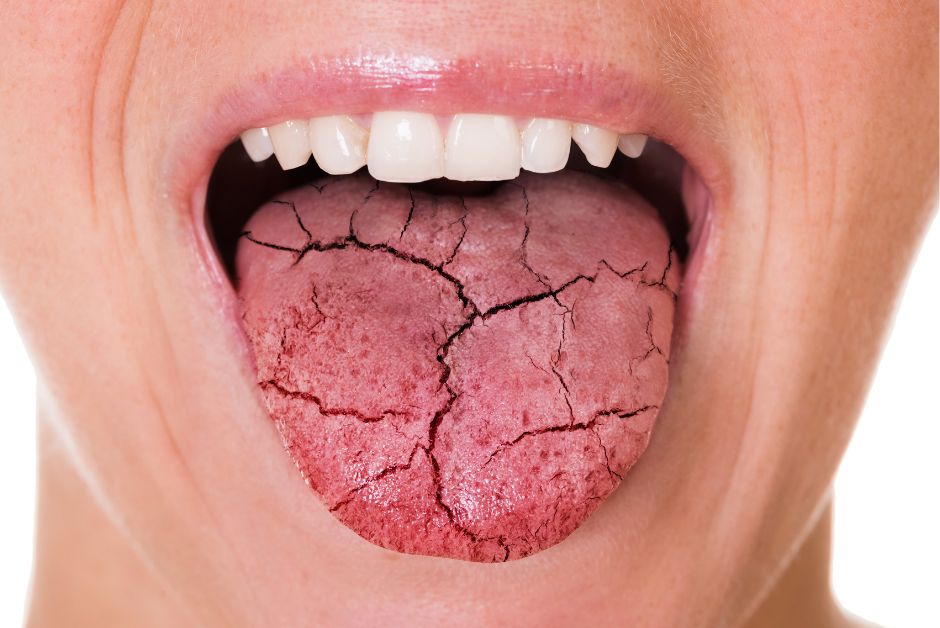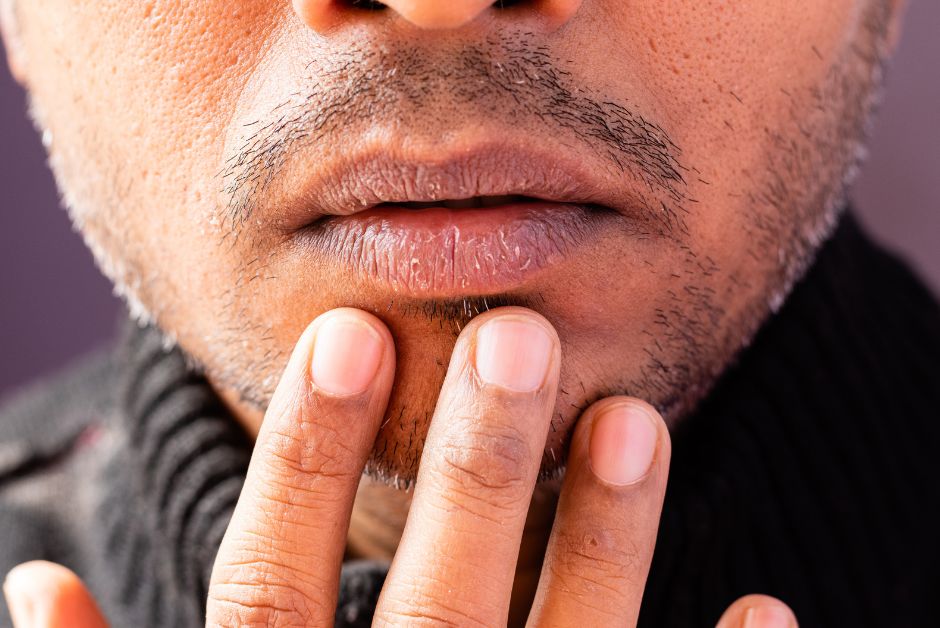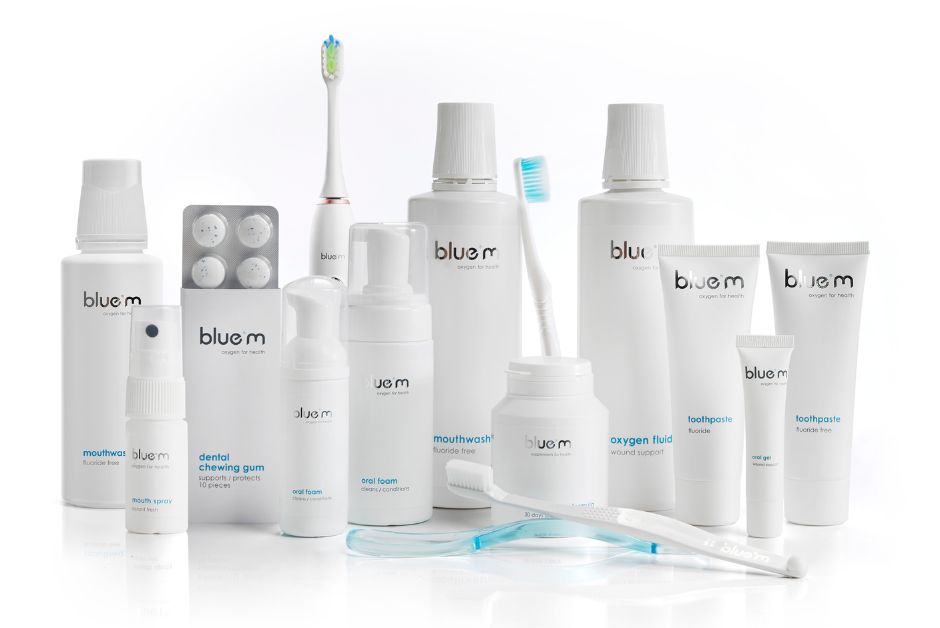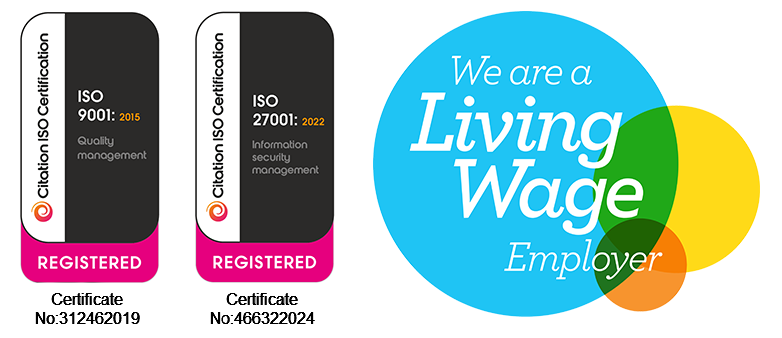

Dry mouth, also known as xerostomia, is a common but often overlooked oral health issue.
It occurs when the salivary glands do not produce enough saliva to keep the mouth moist.
While occasional dryness can happen due to dehydration or nervousness, persistent dry mouth can lead to serious oral health complications.
Understanding the root causes of dry mouth is essential in identifying the most effective treatment options to relieve symptoms and prevent potential complications.
Dry mouth can result from a variety of factors, ranging from lifestyle choices to underlying health conditions.

Certain prescriptions, such as antihistamines, antidepressants, and blood pressure medications, can reduce saliva production.
If you notice dry mouth after starting a new medication, it’s worth discussing with your healthcare provider to see if the medication may be contributing to the issue.
Several health conditions are linked to chronic dry mouth.
For example, diabetes can affect saliva production, especially when blood sugar levels are poorly controlled.
Sjögren’s syndrome, an autoimmune disorder, targets the salivary glands, leading to persistent dryness.
Parkinson’s disease and other neurodegenerative diseases can also affect the nerves controlling salivary glands, leading to a reduction in saliva production.
Additionally, conditions like HIV/AIDS, stroke, and certain infections may increase the likelihood of developing dry mouth.
As we age, saliva production naturally decreases, increasing the risk of dry mouth.
This can be due to normal aging processes, but older adults are also more likely to take medications that contribute to dry mouth.
This combination of factors makes dry mouth more common among older individuals.
As you’re aging, it’s important to keep an eye on oral health and stay hydrated, as decreased saliva can lead to an increased risk of cavities and gum disease.
Cancer treatments involving radiation to the head and neck area can damage salivary glands.
This can result in a significant decrease in saliva production, leading to chronic dry mouth.
Radiation-induced dry mouth can be difficult to manage but may be improved with certain therapies and lifestyle adjustments.
Smoking or using tobacco products, alcohol consumption, and excessive caffeine intake can contribute to dryness in the mouth.
Both alcohol and caffeine have diuretic effects, meaning they increase urine production and can lead to dehydration, which directly impacts the moisture levels in your mouth.

Dry mouth can manifest in several ways. If you’re experiencing this condition, you may notice a variety of uncomfortable symptoms that can affect your daily activities and overall oral health.
Common signs include:
Saliva plays a crucial role in helping break down food and lubricating the mouth for smooth swallowing. A lack of saliva can make it difficult to chew or swallow, and talking may become uncomfortable, as the mouth may feel dry and sticky when forming words.
Saliva helps neutralise acids and wash away food particles and bacteria. Without enough saliva, bacteria thrive in the mouth, leading to unpleasant odours. This can result in chronic bad breath, which may be more pronounced throughout the day or especially upon waking.
Dryness in the mouth can lead to cracks and fissures, particularly at the corners of the lips. In some cases, the inside of the mouth may also develop sores or oral ulcers due to the lack of moisture, making eating or speaking even more painful.
Saliva acts as a natural defence against tooth decay and gum disease by neutralising acids and washing away food particles. With less saliva, plaque build-up is more likely, which can contribute to cavities, inflamed gums, and even gum disease over time.

Dry mouth during pregnancy occurs due to hormonal changes, dehydration, nausea, and medications.
Increased progesterone can affect saliva production, while dehydration and morning sickness can exacerbate the problem.
Here’s why dry mouth occurs during pregnancy:
During pregnancy, the body undergoes significant hormonal fluctuations, particularly an increase in progesterone. This can affect the salivary glands, reducing the production of saliva.
Saliva plays an essential role in oral health by washing away food particles, neutralising acids, and protecting against bacteria.
When production decreases, it can lead to a dry, uncomfortable feeling in the mouth.
Pregnancy increases fluid needs, and as the body works to nourish both the mother and baby, dehydration can become a concern.
Frequent trips to the bathroom, especially in the early and later stages of pregnancy, can exacerbate fluid loss.
Dehydration directly contributes to dry mouth and may make it more difficult to maintain moisture in the mouth.
Many pregnant women experience morning sickness, which typically includes nausea and vomiting.
Vomiting not only depletes moisture from the mouth but also affects the balance of oral bacteria.
Repeated vomiting can strip away protective layers of saliva, leading to an increased feeling of dryness.
Some medications commonly used during pregnancy, such as those for nausea, can have dry mouth as a side effect.
If you’re taking any prescribed or over-the-counter medications, it’s worth discussing with your doctor whether they could be contributing to your dry mouth.

If you’re struggling, there are several treatments for dry mouth available to help manage symptoms and restore comfort. Here are some effective options:
Drinking plenty of water throughout the day is one of the simplest and most effective ways to combat dry mouth.
Carry a water bottle and sip regularly to keep your mouth moist.
Saliva substitutes, like mouth sprays, gels, or oral rinses, can provide temporary relief by mimicking the moisture of natural saliva.
Look for alcohol-free products to avoid further irritation.
Chewing sugar-free dental gum or sucking on lozenges can stimulate saliva production, helping to keep your mouth moist.
Choose options with xylitol to prevent cavities.
Brushing twice a day with fluoride toothpaste, flossing daily, and using mouthwash designed for dry mouth can help protect your teeth from decay and gum disease.
A humidifier adds moisture to the air, especially helpful at night when dry mouth tends to worsen. This can provide relief while you sleep and prevent discomfort.
Avoid substances like tobacco, alcohol, and caffeine, which can exacerbate dry mouth.
Stick to soft, moist foods and drink plenty of water to help with swallowing.
If dry mouth is caused by medication or a medical condition, speak with your doctor about alternatives or medications like pilocarpine or cevimeline, which stimulate saliva production.
If symptoms persist, consult your doctor or dentist to determine the underlying cause and explore other treatment options, especially if your dry mouth is due to an ongoing condition.

blue®m offers advanced oral care solutions that effectively combat dry mouth while promoting overall oral health, using the power of oxygen and other beneficial ingredients.
This oxygen-enriched toothpaste supports tissue healing and enhances saliva production without harsh ingredients like fluoride.
It helps maintain a balanced oral microbiome while keeping your mouth hydrated.
Formulated without alcohol, which can exacerbate dryness, blue®m Mouthwash contains active oxygen and xylitol to stimulate saliva flow, reduce bacterial growth, and provide lasting freshness without irritation.
Designed to provide an easy and effective way to combat dry mouth on the go.
Specially formulated with xylitol and active oxygen, this gum helps stimulate saliva production, keeping your mouth hydrated and fresh throughout the day.
Ideal for individuals with limited mobility, blue®m oral foam offers gentle hydration and protection throughout the day, helping keep your mouth moist and comfortable.
Dry mouth may seem like a minor inconvenience, but it can significantly impact oral health if left untreated.
By identifying the causes and symptoms early and incorporating blue®m’s advanced dental hygiene products into your routine, you can effectively combat dry mouth and maintain a healthy, hydrated smile.
Experience the benefits of oxygen-enriched oral care with blue®m and take the first step toward better oral health today.


All orders are handled and dispatched by Swallow Dental Supplies Ltd.
